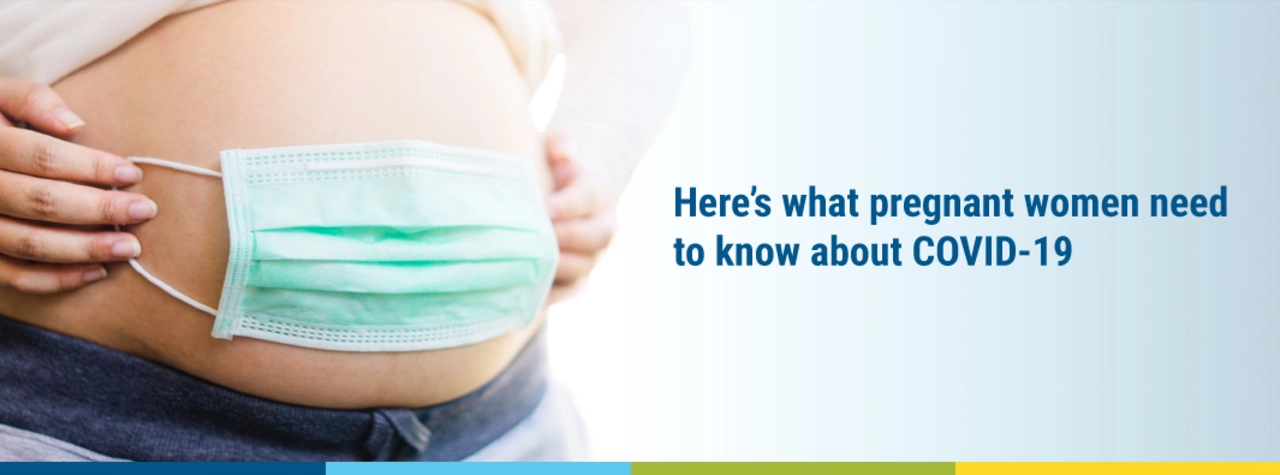May 2023 Health Articles Archive
Welcome to the May 2023 roundup from Viamedic. In just a few weeks we covered everything from common antibiotics to quirky travel tips. Below you’ll find quick takeaways for each post, so you can grab the info you need without scrolling forever.
Antibiotics and Infection Management
If you’ve ever wondered about amoxicillin doses for tonsillitis, we broke it down to 500‑875 mg every 12 hours depending on severity. The side effects are mostly mild – think nausea or a skin rash – but always check with your doctor first.
Clavulanate’s role in pelvic inflammatory disease (PID) also got attention. Pairing clavulanate with standard antibiotics blocks bacterial enzymes, making the treatment more effective and helping prevent complications like infertility.
Minocycline can be a game‑changer for prostatitis. It attacks the infection while easing inflammation, which means less pain for many men dealing with this condition.
Wellness, Supplements, and Everyday Health
We dug into Albizia as a new dietary supplement. Its antioxidants boost immunity, lower stress, and even sharpen focus – all without any crazy side effects.
The post on vitamins reminded us that A, C, D, and E are the core crew keeping your immune system strong. Simple diet changes like adding more fruits and veggies can fill those gaps fast.
For those battling motion sickness on flights, we shared practical hacks: pick a seat over the wings, stay hydrated, chew ginger candy, and ask flight staff for help if you need it.
We also covered home remedies for skin yeast infections. Plain yogurt works wonders because of its probiotics, while garlic paste can be effective too – just avoid harsh vinegar rinses that may irritate the skin further.
Finally, a quick look at flu virus mutations showed why the flu keeps changing and how scientists chase those changes to improve vaccines each year.
That’s the May 2023 snapshot in a nutshell. Each article was written to give you clear, actionable advice without any jargon. Bookmark this page or scroll back anytime you need a refresher on these health topics.
Amoxicillin for Tonsillitis: Dosage, Effectiveness, and Side Effects
I recently researched Amoxicillin for treating tonsillitis and found out that it's quite effective in fighting bacterial infections. The typical dosage prescribed is 500mg to 875mg every 12 hours, depending on the severity of the infection. While it's generally considered safe, some possible side effects include nausea, diarrhea, and skin rashes. It's important to follow the prescribed course of treatment to ensure the infection is fully cleared. Always consult with a healthcare professional before starting any medication, especially if you have any allergies or pre-existing conditions.
The use of clavulanate in the management of pelvic inflammatory disease
Recently, I came across some interesting information on the use of clavulanate in managing pelvic inflammatory disease (PID). Clavulanate is known to enhance the effectiveness of antibiotics by inhibiting the enzymes that break them down. This combination therapy has shown to be highly effective in treating a range of bacterial infections, including those causing PID. It's really important to treat PID promptly to avoid complications like infertility, ectopic pregnancy, and chronic pelvic pain. I believe that the use of clavulanate in PID management is a promising approach that may lead to better outcomes for patients.
The Use of Minocycline in Treating Prostatitis
As a blogger, I recently came across a fascinating topic - the use of minocycline in treating prostatitis. Prostatitis, an inflammation of the prostate gland, can cause significant discomfort and pain in men. In my research, I discovered that minocycline, an antibiotic, can be an effective treatment for this condition. Not only does minocycline help eliminate the cause of infection, but it also reduces inflammation, providing relief for those suffering from prostatitis. It's amazing to see how medical advancements are continually improving the lives of individuals experiencing various health issues.
Acotiamide and Pregnancy: What You Need to Know
As a blogger, I wanted to share some important information about acotiamide and pregnancy. Acotiamide is a medication used to treat functional dyspepsia, but its safety during pregnancy is still unclear. It's crucial for expecting mothers to consult their healthcare providers before taking any medication. In this post, I'll be discussing what you need to know about acotiamide and its use during pregnancy. Stay informed and make sure to prioritize the health of both you and your baby.
Apixaban and Heart Failure: What Patients Should Know
As a heart failure patient, it's essential to be aware of the medications we take, such as Apixaban. Apixaban is an anticoagulant that helps prevent blood clots, which can be especially beneficial for those with heart failure. This medication can reduce the risk of stroke and other heart-related complications. However, it's crucial to discuss with our doctors if Apixaban is suitable for our specific condition, as it may interact with other medications or cause side effects. Always remember, being well-informed about our treatment options helps us take charge of our heart health.
The science behind reemerging influenza: understanding virus mutations
In my latest blog post, I delve into the science behind reemerging influenza and how understanding virus mutations is crucial in combating the illness. I discuss how the flu virus constantly mutates, making it difficult for our immune systems to recognize and fight it effectively. I also touch on the significance of studying these mutations to develop more effective vaccines and treatment options. Furthermore, I explore the role that global surveillance plays in tracking these ever-changing viruses and protecting public health. Overall, this topic highlights the importance of staying informed and vigilant about the flu and its evolving nature.
Itraconazole and its use in combating mold and mildew in homes
As a homeowner, I've found that itraconazole is a highly effective solution for combating mold and mildew in our homes. This antifungal medication works by inhibiting the growth of fungi, keeping our living spaces clean and free from these unwanted invaders. Itraconazole can be used in various forms, such as sprays and paints, making it a versatile option for addressing mold issues. Not only does it help maintain a healthier environment, but it also helps protect our home's structure and furnishings from potential damage caused by mold and mildew. Remember to always consult with a professional when dealing with these issues, as they can guide you on the best course of action for your specific situation.
How to make flying more comfortable for motion sickness sufferers
As someone who experiences motion sickness during flights, I understand how crucial it is to make flying more comfortable. To ensure a smoother experience, it's essential to choose a seat over the wings, as it's the most stable part of the plane. Additionally, staying hydrated, chewing gum or eating ginger candies can help alleviate nausea. Using distractions like music or deep breathing exercises can also help keep your mind off the discomfort. Lastly, don't hesitate to talk to the flight attendants about your concerns, as they can offer valuable advice and assistance.
Discover the Amazing Health Benefits of Albizia: Your New Go-To Dietary Supplement
I recently came across a fantastic dietary supplement called Albizia, and I couldn't wait to share its amazing health benefits with you all! This incredible plant is known to boost our immune system, help with anxiety and stress relief, and even improve our cognitive function. Plus, it's packed with antioxidants and anti-inflammatory properties. I've personally started incorporating Albizia into my daily routine, and I'm already noticing the positive effects on my overall well-being. Do yourselves a favor and give this incredible supplement a try!
The Connection Between Deplumation and Behavioral Issues in Birds
In my latest research, I've discovered the fascinating connection between deplumation and behavioral issues in birds. It appears that deplumation, or the loss of feathers, can be both a cause and result of stress and anxiety in our avian friends. This can lead to further behavioral problems such as aggression, self-mutilation, and social isolation. In order to help our feathered companions, it's essential to understand the root causes of deplumation and provide a supportive and nurturing environment. As a bird enthusiast, I feel it's our responsibility to raise awareness and promote the well-being of these beautiful creatures.
- 1
- 2
About
Health and Medicine, Health and Wellness, Lifestyle
Latest Posts


How and Where to Buy Metformin Online Safely (2025 Guide)
By Orion Kingsworth Aug 23, 2025

Unlock the Healing Potential of German Chamomile: Your Ultimate Guide
By Orion Kingsworth May 10, 2024

The Connection Between Muscle Stiffness and Chronic Pain Conditions
By Orion Kingsworth Jun 18, 2023










